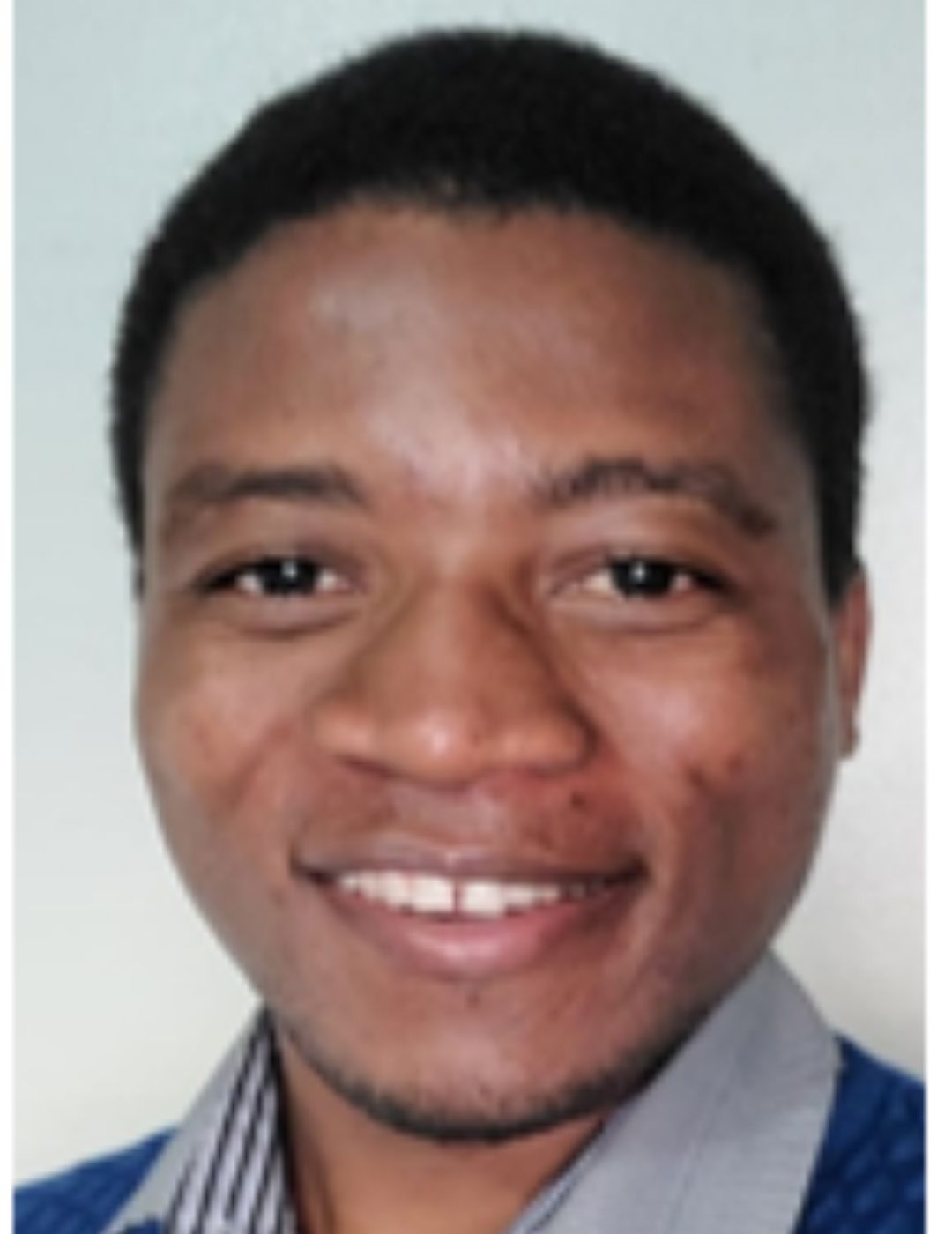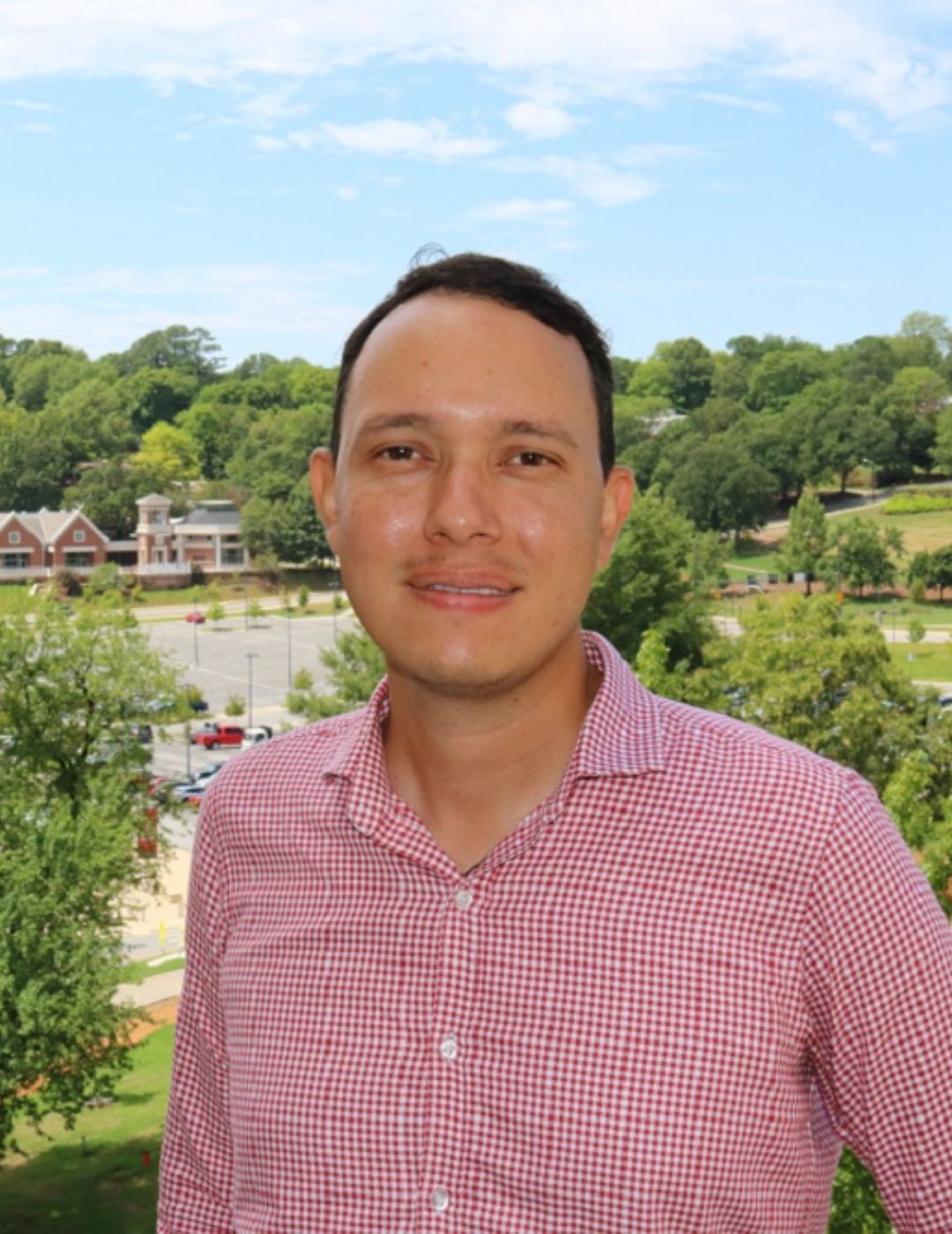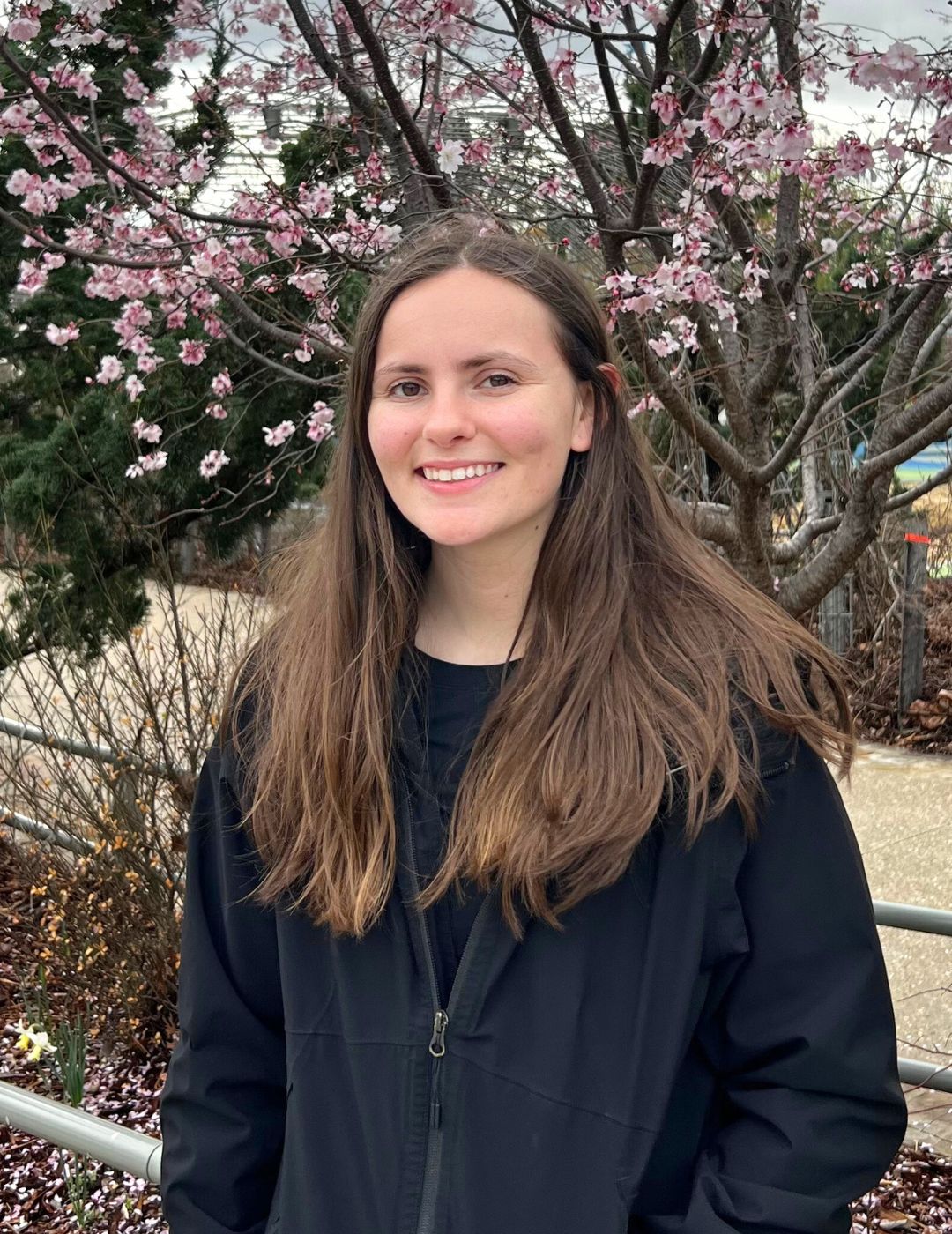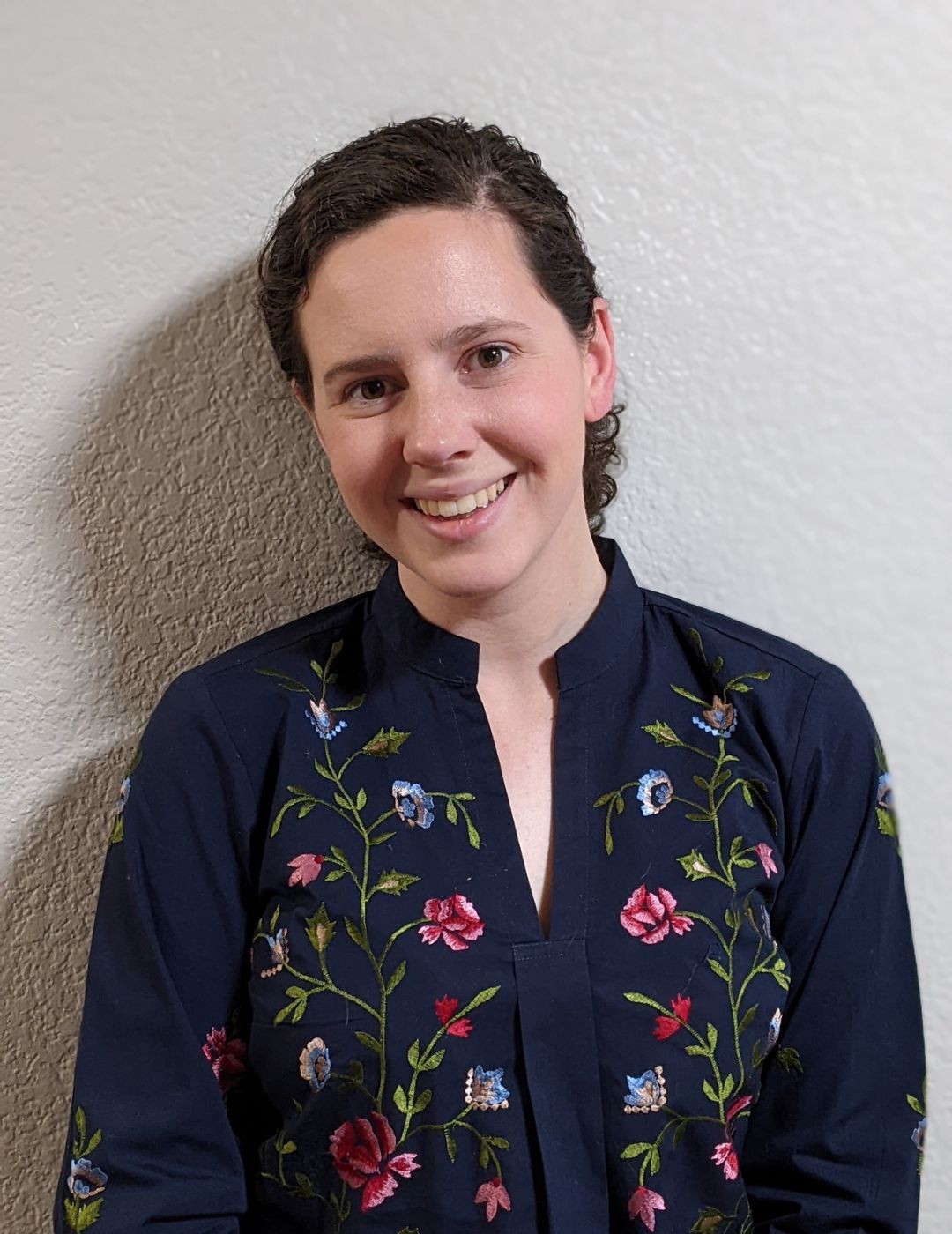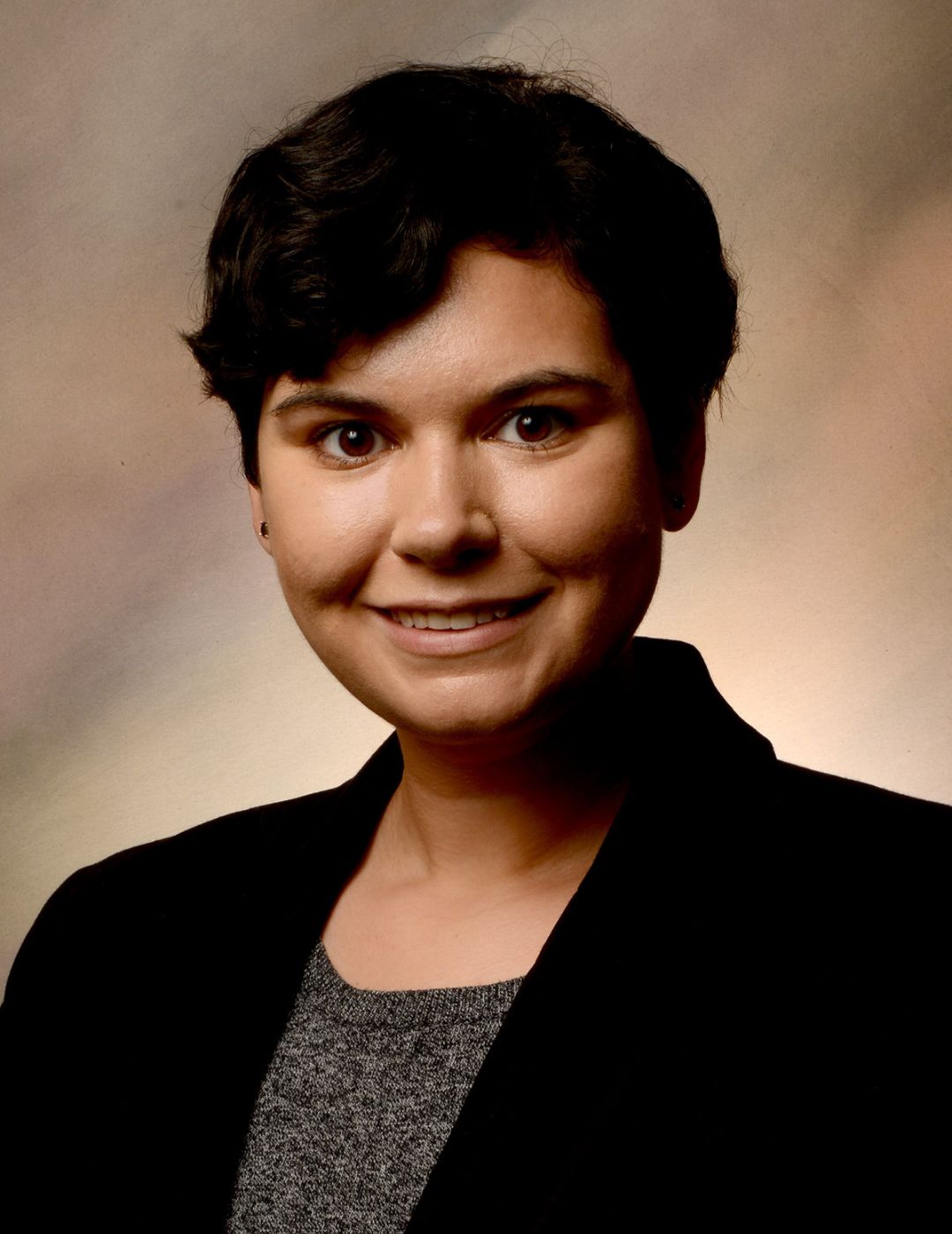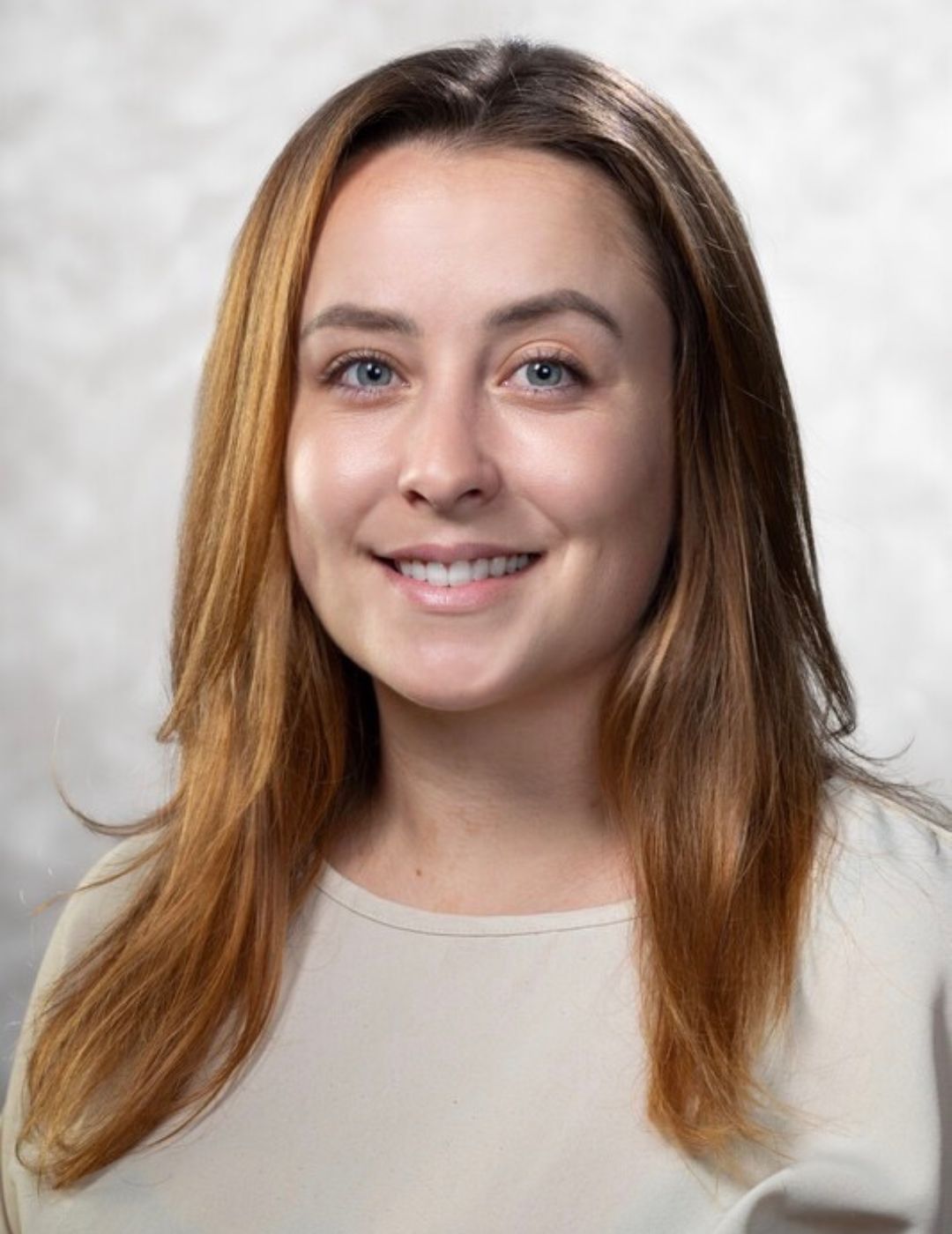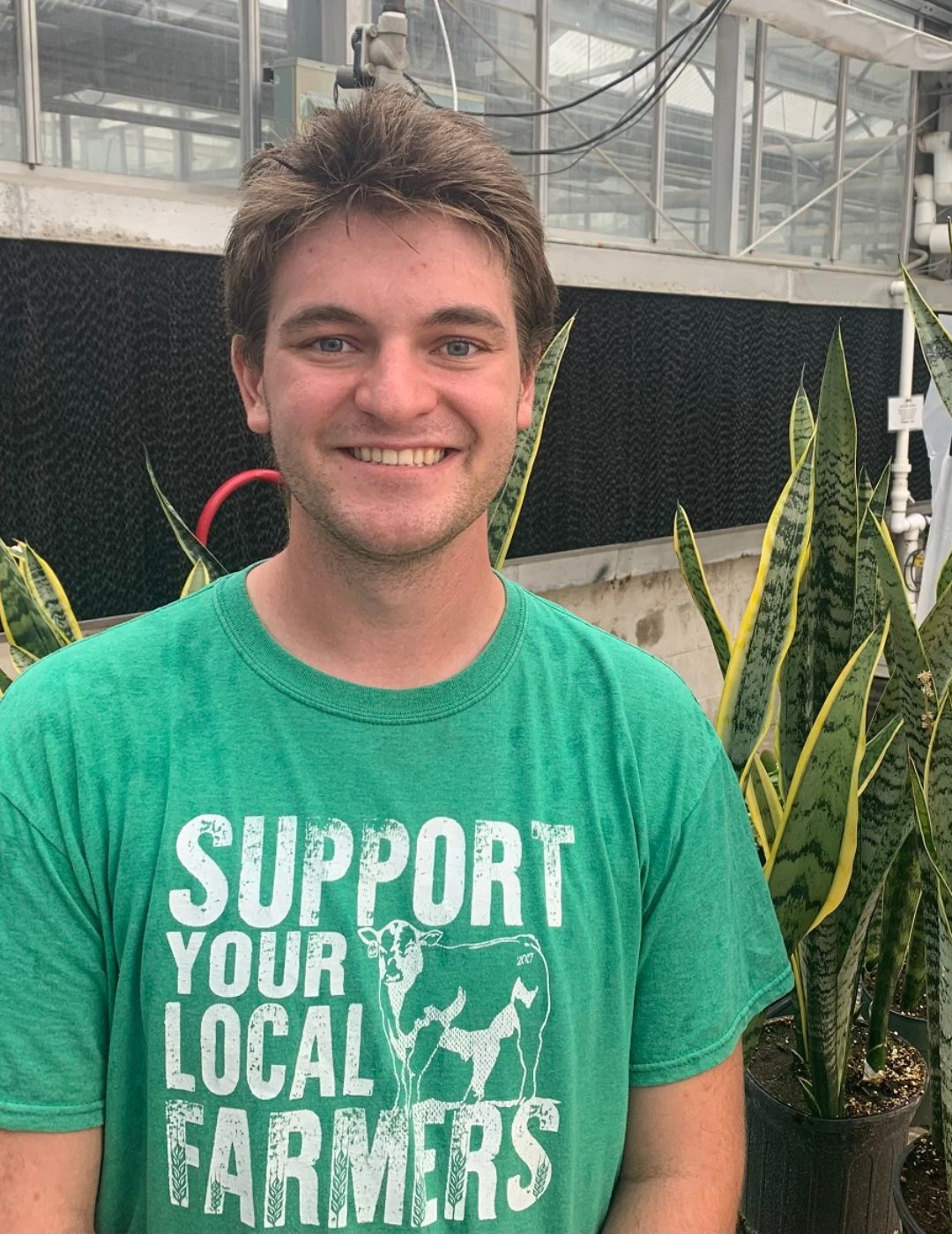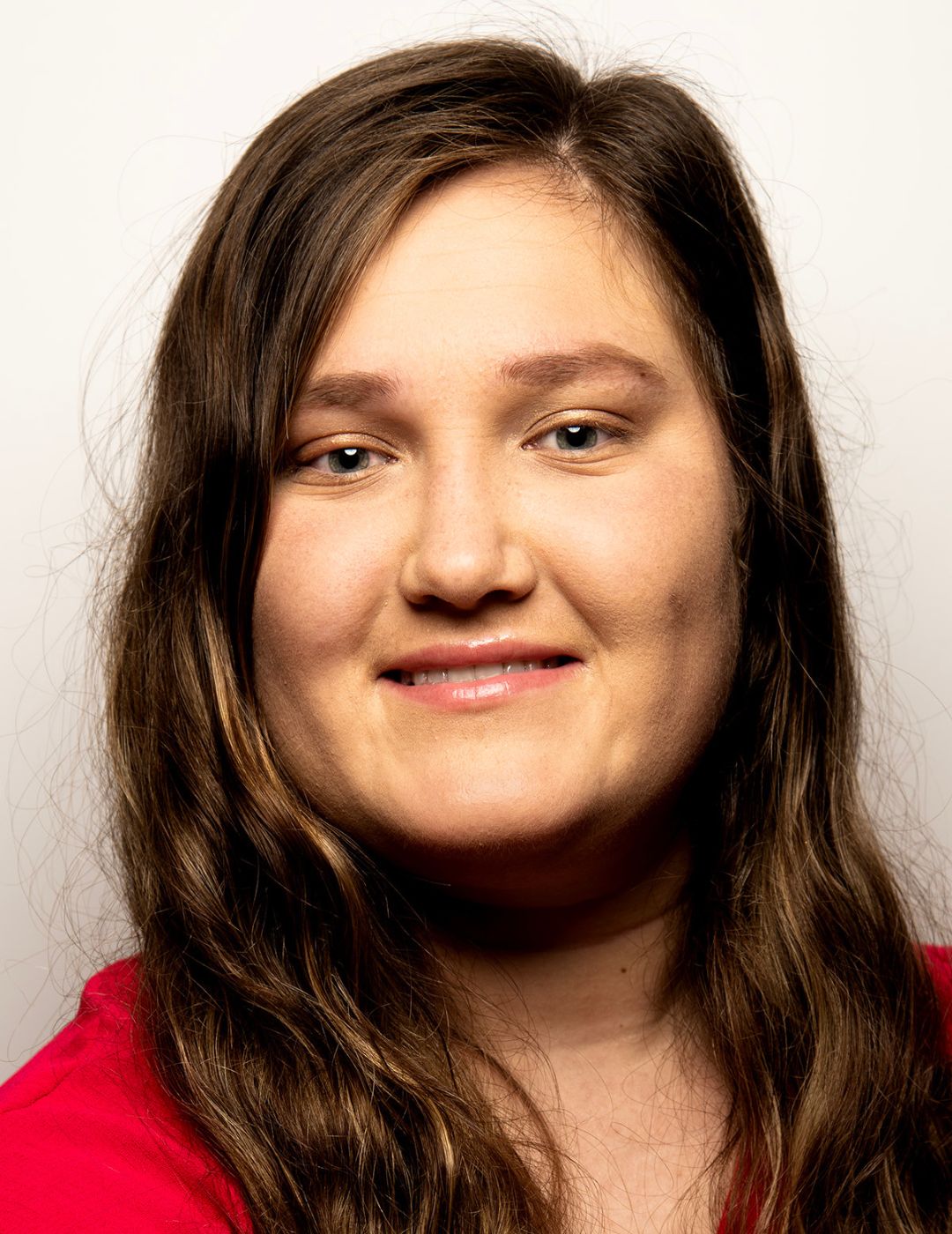Graduate Students
Horticulture Graduate Students
|
Ph.D Student Advisor: Dr. Ainong Shi
"I am investigating evaluation of abiotic and biotic resistance; conduct QTL and association
mapping and identify SNP markers; and study gene expression for the abiotic and biotic
resistance in vegetable crops such as tomato."
|
M.S. Student Advisor: Dr. Wendell Hutchens My research involves looking at different strategies for controlling spring dead spot
(SDS) of bermudagrass. The main focus will be to determine the best possible time
to apply fungicides for maximum SDS control. Other objectives of my research will
be looking at nozzle types, aerifying prior to fungicide application, as well as examining
the ability of various fungicides to control SDS over multiple growing seasons.
|
Ph.D. Student Advisor: Dr. Ainong Shi
"The aim of my study is to evaluate drought tolerance in tomato germplasm accessions
and conduct genome-wide association study (GWAS) to identify genetic markers associated
with tolerance to drought. Dr. Gehendra Bhattarai will supervise implementation of
the project."
|
Ph.D. Student Advisor: Dr. Margaret Worthington "Flowering is one of the more complex and interesting processes in plants at the molecular
and physiological levels. Understanding the molecular mechanism of blackberries' flowering
is fundamental to improving new genotypes in the breeding program. Therefore, part
of my research is the discovery of genes involved in flowering time and intensity
by combining quantitative genetics, bioinformatics, and physiology. Additionally,
I am working on the implementation of molecular breeding strategies such as marker-assisted
selection and genomic selection for key traits in the blackberry crop like primocane
fruiting, thorniness, plant height, fruit texture, and flavor components. Successful
adoption of molecular tools in the fruit breeding program will aid to accelerate the
development of new cultivars."
|
|
M.S. Student Advisor: Dr. Garry McDonald My master's research investigates selected spinach Spinacia oleracea genotypes resistance to the plant pathogenic fungi Pythium and Aphanomyces in a model vertical farm system. The exciting and potential impactful benefit of my
research is developing the novel model vertical farm system and associated growing
and pathology protocols to test genotype/disease interactions using vertical farm
technology. The model system and developed protocols will be useful to screen a large
number of genotypes and plant species to selected plant pathogens.
|
M.S. Student Advisor: Dr. Amanda McWhirt My project involves evaluating the suitability of blackberry varieties for use on
the rotating cross-arm trellis using novel training methods. I am looking at the influence
of light exposure on plant morphology and fruit quality.
|
M.S. Student Advisor: Dr. Mike Richardson |
M.S. Student Advisor: Dr. Wendell Hutchens My research focuses on the use of remote sensing techniques, primarily drone imagery,
to map patterns, predictors, and uniformity of three turfgrass pests: large patch,
localized dry spot, and winter annual weeds on dormant bermudagrass. I come from a
mathematics and data analytics background, so I plan on implementing those strategies
and models to my research topics.
|
|
Ph.D. Student Advisor: Dr. Amanda McWhirt "My research focuses on updating fertility recommendations for Southeastern blackberry
production. She is evaluating nitrogen fertility rates for ‘Ouachita’ blackberry
production, refining leaf tissue nutrient sufficiency recommendations, and studying
nitrogen allocation in Prime-Ark® Traveler."
|
M.S. Student Advisor: Dr. Aaron Cato "I am looking into broad mites on blackberry; more specifically, the efficiency of
primocane leaflet sampling, the impact cultivars can have on broad mite populations,
and the influence of broad mite feeding on yields. The ultimate goal of my research
is to assist growers in making more informed miticide decisions."
|
M.S. Student Advisor: Dr. Ryan Dickson
“My thesis project is working with novel blackberry production in a greenhouse environment."
|
Ph.D Student Advisor: Dr. Mike Richardson My research focuses on improving our understanding of soil surfactants (a.k.a. wetting agents), and the different ways they affect water movement & availability within the rootzones of intensively managed turfgrass systems, especially those prone to hydrophobicity. Central to this work is an effort to differentiate, organize, and classify wetting agents based on objective, scientific research data, rather than marketing claims & terminology offered by manufacturers. Additionally, my research seeks to develop improved application strategies for maximizing the benefits of wetting agents, examining both environmental factors corresponding to reductions in product efficacy, as well as product combinations and rotations which may enhance overall effectiveness. While my research speaks largely to the golf course industry where wetting agents are commonly used, I also have a strong interest in exploring novel situations for using wetting agents well-beyond the golf course, so that the positive attributes of healthy turfgrass may be more fully recognized and appreciated.
|
|
M.S. Student Advisor: Dr. Mike Richardson "My name is Sarah Paschal and I am a Turf Grass Sciences Masters student working under Dr. Mike Richardson. Together, we are working on a roadside native vegetation restoration project funded by the Arkansas Department of Transportation. This project has six locations throughout the state of Arkansas representing the different eco regions found across the state. We will be planting and collecting data on forbs, tall grass, and short grass mixtures. "
|
Ph.D Student Advisor: Dr. Margaret Worthington My dissertation research focuses on developing optimized breeding methods to improve
flavor and consumer preference in fresh-market blackberries. I will combine data from
consumer sensory panels and metabolomic data of volatile and nonvolatile factors to
determine the most important breeding targets that impact consumer liking of blackberries.
I will also conduct a genome-wide association study to identify genomic regions controlling
those volatiles, organic acids and sugars chosen as important breeding targets. Metabolomic
and genomic selection models will be developed and compared to predict the consumer
sensory ratings of new breeding selections.
|
M.S. Student Advisor: Dr. Ryan Dickson "I am a Master’s student in the Controlled Environment lab and my thesis work will
look at plant nutrition for greenhouse crops grown in closed hydroponic systems. My
projects will look at nutrient solution compositions as well as different replenishment
methods for multiple plant species."
|
M.S. Student Advisor: Dr. Margaret Worthington Seedlessness is a desired trait for fresh market muscadine grapes. Part of my research
is discovering the genes involved with seedlessness in muscadine grapes by phenotyping
thirteen populations and genotyping one thousand muscadine vines. Additionally, a
mapping population will be used in muscadine grapes to determine genetic distances
between pairs of loci for various traits, such as seedlessness, flower sex, vigor,
winter injury, and more.
|
|
M.S. Student Advisor: Dr. Matt Bertucci "My project is on vegetation management in native grasses and wildflower plantings on roadsides and for prairie restoration. Within this project, there will be a field study and greenhouse component to screen herbicides for their effect on the native grass and forb species included in the 7 seed mixtures that are part of this project, as well as on the weeds found at the field sites." |
>


